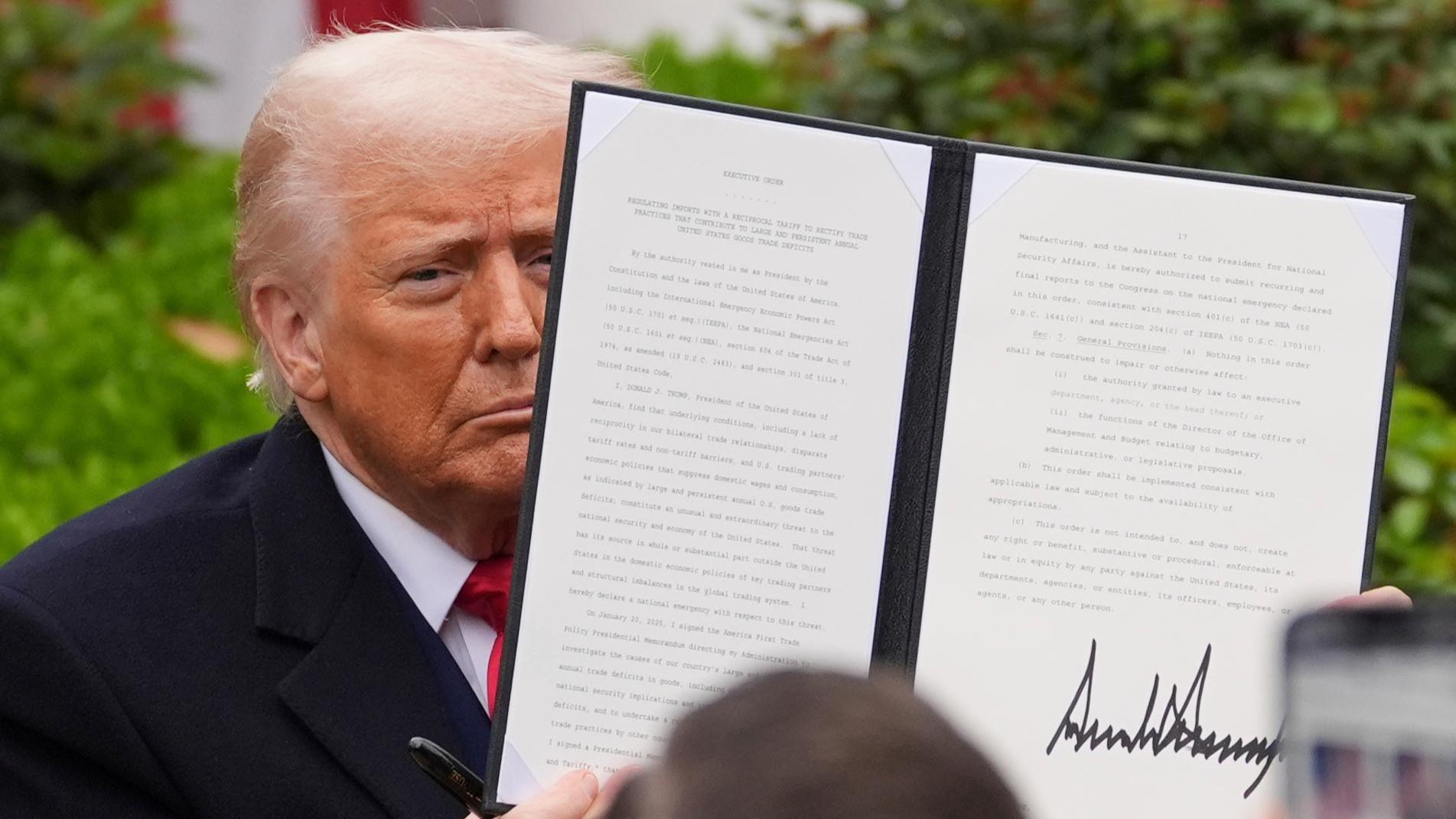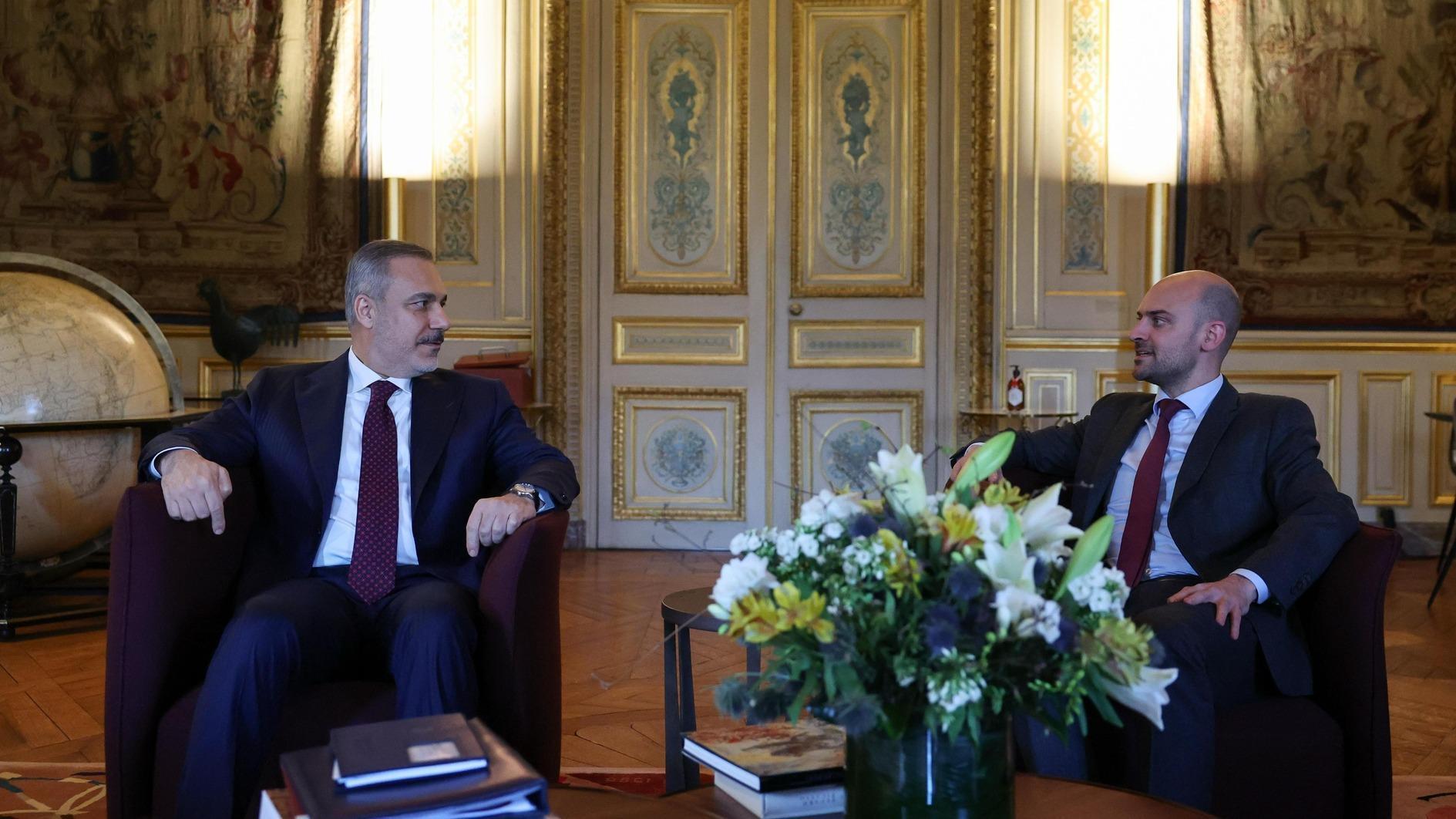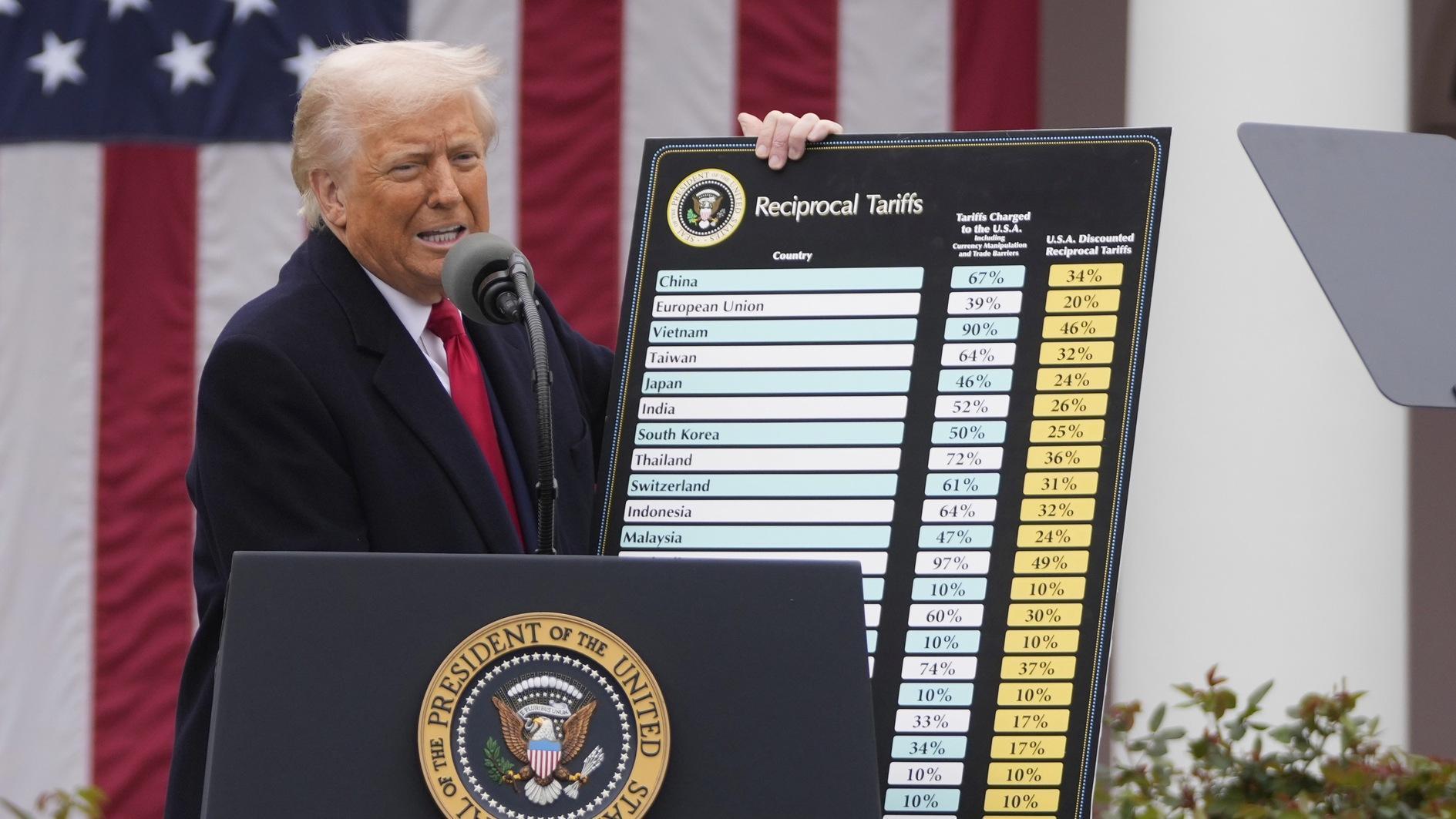Impressions from Izmir Economic Congress
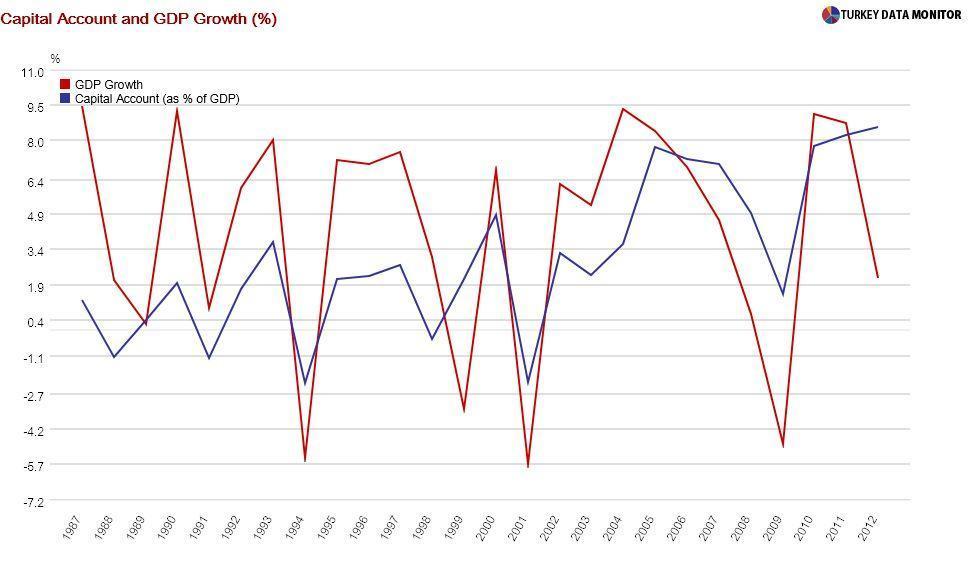 There is no lime in Marmaris in the off-season. My Cohibas could not accept being seen together with knockoff Cuban cocktails made with lemon, and so I drove to Izmir to buy limes at the end of October, stopping by the Izmir Economic Congress.
There is no lime in Marmaris in the off-season. My Cohibas could not accept being seen together with knockoff Cuban cocktails made with lemon, and so I drove to Izmir to buy limes at the end of October, stopping by the Izmir Economic Congress.After hearing Deputy Prime Minister Ali Babacan speak, I have decided that the language of Shakespeare makes one inherently more optimistic. While he sounded very confident on Turkey’s resilience to the Fed’s tapering of its bond purchases when he spoke to CNBC a day before his speech at the Congress, the economy tsar adopted a very cautious tone in Izmir.
The panelists were a mixed bag. I should congratulate the Ministry of Development for having identified the experts in each area. But there were also those who were probably invited for being close to the government – academics from universities I heard for the first time, ex-bureaucrats and so on. Increasing Turkey’s population seemed to be a common theme among this group.
Government officials and bureaucrats genuinely believe that they worked an economic miracle during the last decade. According to them, it was solely their policies, not the favorable global environment, that brought the country relative macroeconomic stability. They also wrongly claim that Turkey grew more than other emerging markets during this time.
Nevertheless, you can see hints of concern among the lines. I don’t think there was a first generation in the first place, but President Abdullah Gül’s call for a second generation of structural reforms set the theme of the Congress. Education and the legal system came up over and over again as critical reform areas.

There was also a lot of emphasis on Turkey’s dependence on volatile capital inflows because of its low savings rate- and the accompanying high current account deficit. Naci Ağbal, undersecretary of the Ministry of Finance, surprised me when he boldly stated that public finances were still contributing to the deficit, and that the fiscal policy needed to be tighter. I hope his boss Mehmet “nominal” Şimşek doesn’t scold him.
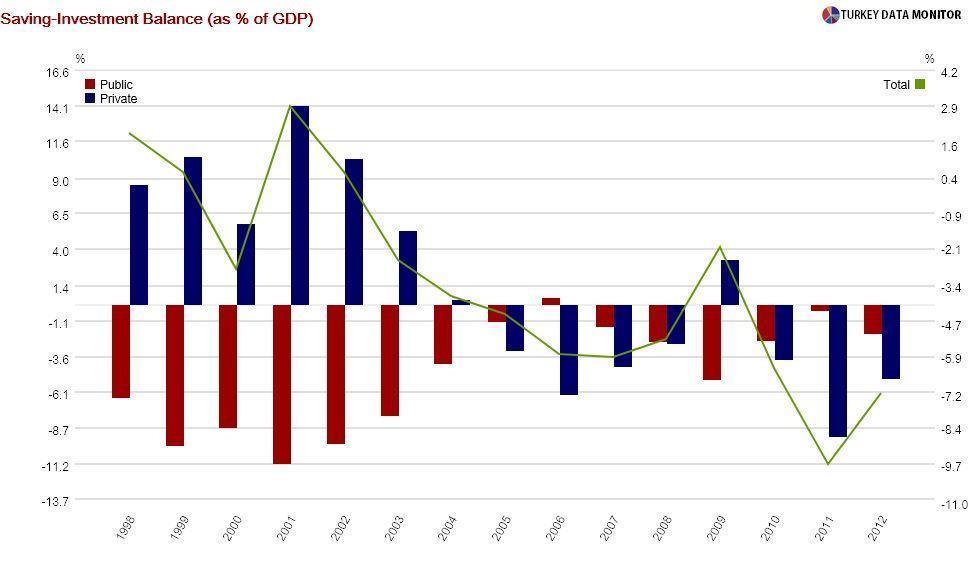
Unfortunately, the obsession with construction is continuing. A bureaucrat declared that when the low real estate prices rose to European levels, there would be a wealth effect that would boost the economy, making me wonder what he had been smoking. Ender Yorgancılar, vice-chairman of the Union of Chambers, did a great job illustrating the perils of this “lego-nomics” in another panel.

After attending the panel on enhancing the financial sector, I am convinced that Istanbul will not become a financial center. While the IMF’s Mark Lewis and Coşkun Küçüközmen from Izmir University of Economics gave great speeches, the president of the banking regulator just read out balance sheets, making no mention of the panel’s topic. The president of the exchange Borsa Istanbul spent two more minutes than him.
By the way, I bought 10 kilos of lime, which should last until the summer, if not the next Izmir Economic Congress.



